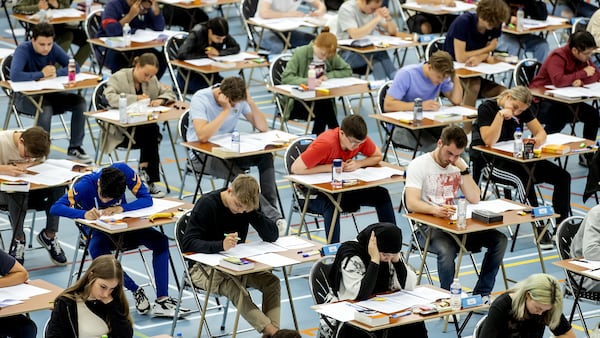- Singapore released its anticipated regulatory framework for stablecoins on Tuesday.
- The framework will apply to stablecoins pegged to the Singapore dollar and other major fiat currencies.
- Issuers will need to maintain a minimum base capital and liquid assets.
Issuers of stablecoins in Singapore will be subject to stricter standards and transparency requirements following the release of a new regulatory framework on Tuesday by the Monetary Authority of Singapore.
The framework will apply to single currency stablecoins (SCS) pegged to the Singapore dollar or any other major fiat currency issued in Singapore. Issuers will be subject to requirements related to reserve assets to ensure value stability.
Liquid reserves
Stablecoin issuers will need to maintain a minimum level of highly-liquid reserves to reduce the risk of insolvency. And issuers must return the par value of a stablecoin within five business days to holders if requested.
In addition, issuers must disclose information about the stablecoin’s value stabilising mechanism, rights of stablecoin holders, as well as the audit results of reserve assets.
NOW READ: Hong Kong grants first two crypto exchange licences to HashKey Exchange and OSL
Those that fulfil these requirements will be able to apply to the Monetary Authority of Singapore, or MAS, which is the city-state’s central bank and top finance regulator. The tokens will be labelled as “MAS-regulated stablecoins,” with penalties for those who misrepresent themselves as regulated.
Regulatory framework
“The MAS’ stablecoin regulatory framework aims to facilitate the use of stablecoins as a credible digital medium of exchange, and as a bridge between the fiat and digital asset ecosystems,” said Ho Hern Shin, deputy managing director (financial supervision) at MAS, in a statement.
“We encourage SCS issuers who would like their stablecoins recognised as “MAS regulated stablecoins” to make early preparations for compliance.”
NOW READ: How PayPal’s stablecoin just changed the future of an asset in the crosshairs of lawmakers
Despite the collapse of algorithmic stablecoin USDTerra — its parent company, Terraform Labs was based in Singapore — interest in stablecoins continues to grow. Payment company PayPal announced this month it plans to release an Ethereum-based dollar-pegged stablecoin as a payment method for its platform.
But they have also attracted regulator interest.
Singapore’s framework stems from proposals to regulate stablecoins in October 2022, when the MAS published two consultation papers aimed at reducing the risk of consumer harm from cryptocurrency trading and to support the development of stablecoins.
Hong Kong plans
Singapore isn’t the only Asian locale regulating stablecoins. The Hong Kong Monetary Authority plans to have a mandatory licensing regime related to stablecoins in place before 2024.
The EU will also bring in rules next year. In July, its banking watchdog called for issuers to voluntarily comply with “guiding principles” for managing stablecoins ahead of time.
Have a story about crypto or Web3 in Singapore? Contact me at callan@dlnews.com.



